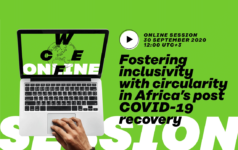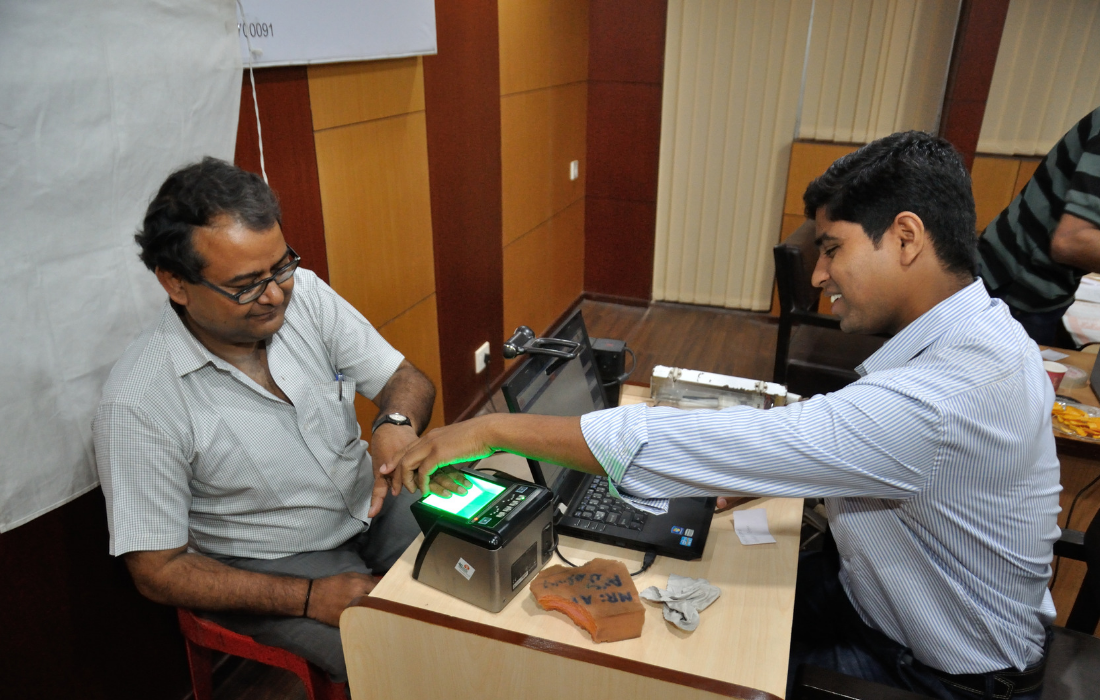Nigeria has introduced 34 trade subjects as part of the Senior Secondary Education Curriculum reform in order to make secondary school education functional, equipping students for employment and entrepreneurship. This report was commissioned by the Ford Foundation to provide a rigorous understanding of the vocational education landscape in Nigeria, particularly within the formal secondary school space, and with the aim to define the gaps and opportunities in vocational education at the secondary level. Over the course of three months, Dalberg has conducted research and stakeholder interviews to better understand the current state of vocational education in formal secondary schools in Nigeria. The study includes a review of available literature on vocational education at the secondary level, a scan of existing initiatives globally, interviews with private and public sector actors, and visits to four states across Nigeria.
Based on this research and analysis, we have identified a core set of issues affecting the vocational education space beyond those – teacher quality and numbers, education finance / data, outcomes including educational attainment, tertiary / job readiness – affecting the broader education sector. These issues must be addressed for effective rollout of the curriculum at the secondary level in Nigeria. The underlying issue pertains to challenges with policy planning, with resulting effects on implementation in Nigeria’s states and Federal Capital Territory (FCT). The issues below stem directly from inadequacies in planning for the inclusion of vocational subjects in Nigerian schools.
- A disconnect between the subjects taught and labor market needs: Given the other challenges, there is little employability- or market-driven consideration given to the selection of subjects offered by schools. Schools are selecting subjects based on what they can offer with the teachers and resources they already have access to, without recourse to the needs of the labor market in their localities.
- Need for quality curriculum development: While the new senior secondary curriculum has been developed at a high-level, the tools required for implementation of these curricula at school level – lesson plans, detailed teaching guides, etc. – have not been developed. There is a concern about whether the curriculum will match the private sector requirements in the field, e.g., could a secondary school course lead to a certificate?
- Limited teacher readiness and availability: Nigeria does not have the right (qualified) teachers for vocational education. Whether due to misaligned financial incentives, lack of “professional” vocational practitioners, or preparedness to conduct teacher training, qualified teachers are lacking. As a stop-gap measure, schools are selecting subjects related to existing curricular offerings to expand the offering without expanding the workforce.
- Limited resources: The resource- and equipment-intensive nature of vocational training requires funds for the running costs of curricular offerings. For example, students need brick making materials to learn block making and brick-laying. In the absence of earmarked funds for these resources, some donor programs have filled the gap, but schools are also teaching subjects without adequate materials. The enormity of the funding gap – nearly double the existing federal budget allocation to education – is unlikely to be filled without concerted effort and innovation in curriculum delivery.
- Need for sensitization and awareness: Beyond the curriculum itself, there are concerns about the applicability of the subjects beyond secondary school, the realization of the gap between the number of youth and available jobs, and a lack of awareness or interest in vocational education as a means of economic empowerment. In addition, a range of actors are working in silos on vocational training/education issues, with potential to share learning items and resources.

















